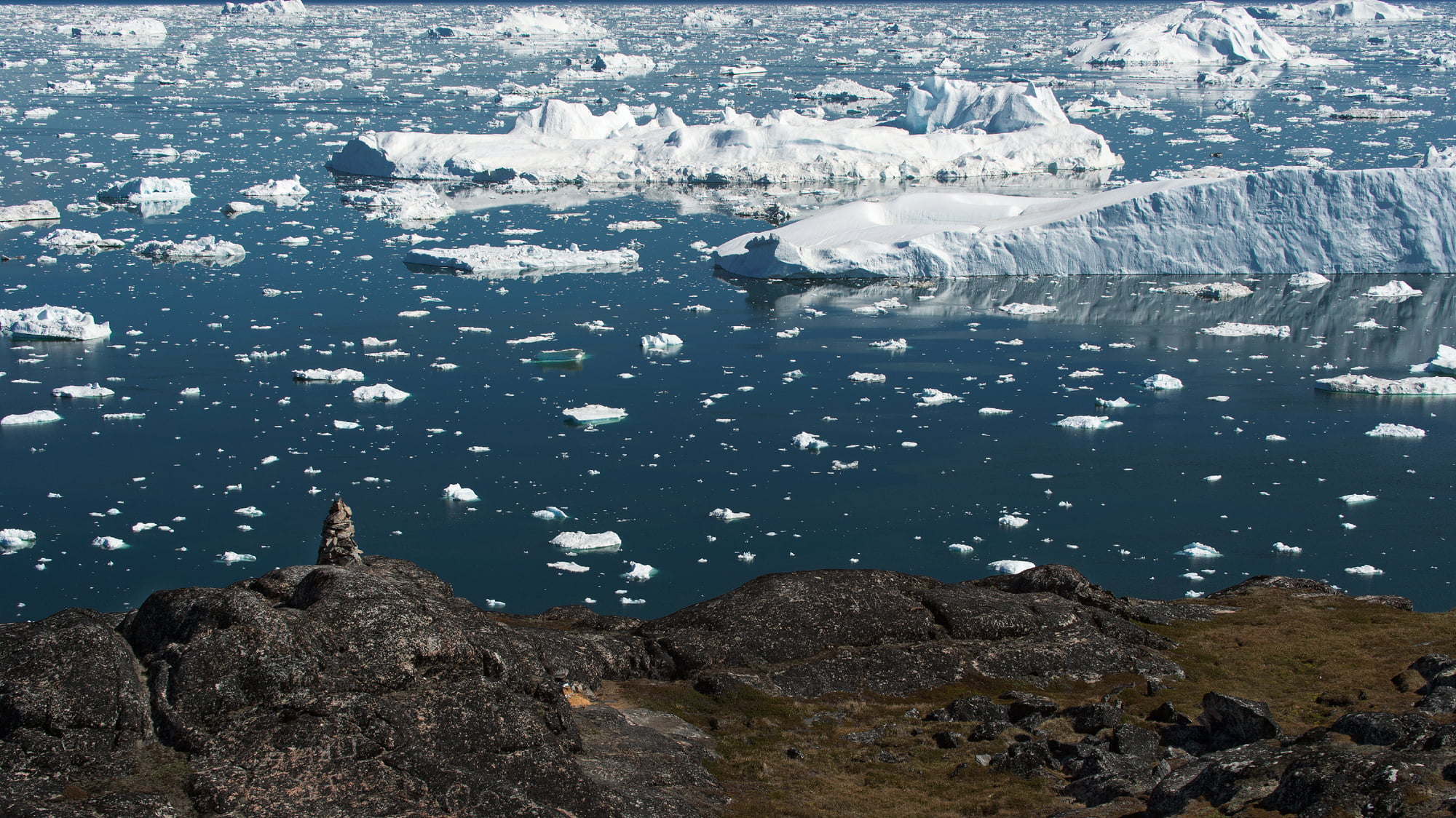Teabag Rocket
Hot air rises
Equipment
◊ Teabag (the sort with a string attached – cheaper tea bags tend to be lighter and work better)
◊ Matches
◊ Saucer or plate
This experiment needs still air conditions – no air conditioning or draughts from people moving around. It works very nicely – but very quickly!
Method
1. Open up the teabag at both ends, removing the staple and string, such that you have a long cylinder of dry paper. You could always make a cup of tea with the tea leaves to have later, as long as you have a strainer!
2. Stand the open teabag upright on the saucer, then light the top of the teabag.
3. Watch what happens next – whose rocket goes highest?
The burning teabag heats up the air immediately above it. Hot air rises, so the warmer air will gradually rise up above the teabag, creating a rising current of warmair, also known as a thermal. When the teabag has burnt down far enough, the lift from the thermal will balance the weight of the teabag, and so it will lift up – it may even reach the ceiling!
So how does this relate to the Atmosphere?
The motion of the Earth’s atmosphere and oceans is driven by thermals – hot air rising. The large scale circulation of the atmosphere redistributes heat from the sunny Tropics to the less sunny polar regions. All sorts of weather systems, from land and sea breezes to hurricanes and tornadoes, are the result of warm air rising. You can sometimes see thermals in the atmosphere if you watch birds or gliders being carried upwards, or by watching a puffy cumulus cloud billow out.
Related Experiments
Alternatively, watch Science from the Sporran’s toaster hot air balloon:


